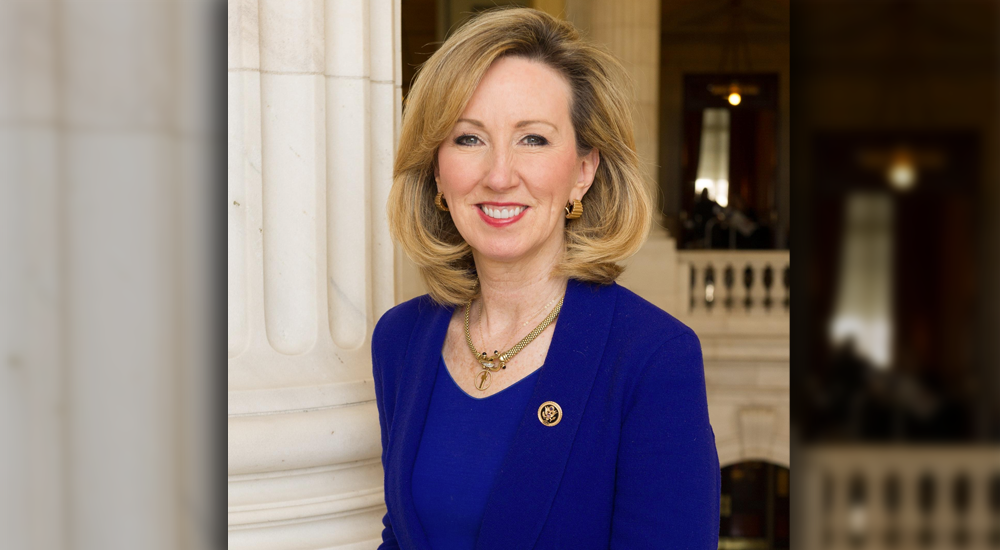Stay angry. Impeach Trump. This is how to win, according to Democrats running for Congress in Virginia’s Tenth District.
The way in which Democrats across the country claim they are going to “take back Congress” during the midterm elections is by campaigning further and further to the left. However, their reticence towards the leadership in the White House and in Congress is beginning to become less viable as a campaign strategy. President Donald Trump‘s approval rating is up and Republicans have been gaining on the generic ballot in November.
According to a Rasmussen poll released on Monday, President Trump’s overall approval rating is now at 47 percent. As well, in a report from Politico, 39 percent of registered voters say they would support a Republican candidate for Congress in their district, while 38 percent would back the Democratic candidate. Nearly one quarter of voters, 23 percent, are undecided with their potential vote.
The undecided vote will be a major factor in the 2018 election. Though, Democratic candidates are seemingly unsure on how to capture the minds of Independent and non-party-line voters.
This was highly evident this weekend in Frederick County, Virginia, as local Democratic candidates were hosted at a forum at James Wood Middle School. The audience of around 200 people were adamant that whoever is nominated to represent the Democratic Party for Virginia’s Tenth District must oppose and “take down” the Trump Administration.
Tenth district incumbent Republican Congresswoman Barbara Comstock will be facing one of the 11 candidates running for the Democratic nomination. The conservative county greatly favors Comstock, but the blue enclave of the small town Winchester is the lonely, yet loud voice of the liberal left in the area.
Out of the seven of the Democrats present at the forum running to unseat Comstock, all of them agreed on nearly every issue thrown at them. These included banning firearms and stiffening gun laws, reforming campaign finance laws, and, of course, increasing the minimum wage. However, not one of them could articulate the answer to the most important question of their agenda: how to be elected.
Delegate Jennifer Wexton (D-Loudoun) told the crowd, “we need to change their seats…We need to stay angry, we need to stay outraged.” This would assume that voters in Virginia’s tenth district are blindingly angry. As Confucius once said, when anger rises, think of the consequences.
While campaigning on an anti-conservative sentiment may get one elected in some areas of the country or the state, it does not evolve into a clear legislative agenda. Just ask the 15 freshman Democrats seated in Virginia’s House of Delegates on how their first 30 days in the General Assembly turned out.
The tenth district candidates’ answers to a multitude of questions highlighted the elephant in the room that Democrats will inevitably face in late 2018. One of which was how individual candidates, “energize enough party loyalists to break out of the crowded primary without losing moderate and independent voters in the general election,” according to a report from the Washington Post.
Dan Helmer, the Army veteran who made the daft “Top Gun” campaign ad, said, “I’m ready to paint a stark contrast with her.” Helmer supports “common-sense gun laws,” a issue that must hold up to the highly conservative voting bloc in the mainly rural northwestern area of the commonwealth.
“The way to beat her is to steal her voters,” said Deep Sran. He recently commented on the Democratic Congressional Campaign Committee‘s (DCCC) hollow offer of support in the race to fully fund and support Democrats.
While the Democratic candidates of the Tenth District are a contrast of Comstock and they obviously must win over some of her voting bloc to win, they forget that campaigning on liberal fire and brimstone by just being the opposite of something does not work. House Minority Leader Nancy Pelosi once said, “We are the opposition party.” If Pelosi wishes to understand how only stark opposition works as an agenda, again, look at the freshman Democratic delegates in Virginia.
Millennials are seen to be a bastion of liberal support among the tenth district Democrats. They have done well with the age demographic in prior elections. However, one candidate, Paul Pelletier, may have alienated them with his rhetoric. “Way back in the ’80s before some of you up here were born…” as he began one answer. Apparently, the quip from Pelletier fell flat among activists working to turn out young voters.
The candidates repeatedly attempted to define Comstock as just another Donald Trump. Nevertheless, in her 2016 reelection race, the congresswoman’s astute focus on local issues, from Metro reform to combating MS-13 gang violence, helped her claim victory.
Opposition does not automatically provide solutions. It may provide a substantial amount of fanfare from one’s political base, but it does not equate into policy.
“What we heard is Democrats playing to the far left base,” said Garren Shipley, a spokesman for the National Republican Committee in Virginia, who attended the forum. This should not be surprising.
Democrats are appealing to a far more liberal voting base than that of even Virginia’s most supportive leftists. For example, 93 percent of the funds Alison Friedman, one of the many Democratic candidates in the area, has raised has come from outside Virginia. The city that has been most supportive of her campaign, at least on a financial basis, is San Francisco. This shows the lack of support she has in her own district.
“We need to get our swagger back,” Sran said, in an attempt to rally the crowd in Frederick County. In contrast, Republicans, especially Comstock, have let modesty and clear solutions become the backbone of legislative agendas and political campaigns – not pompous agitation.

